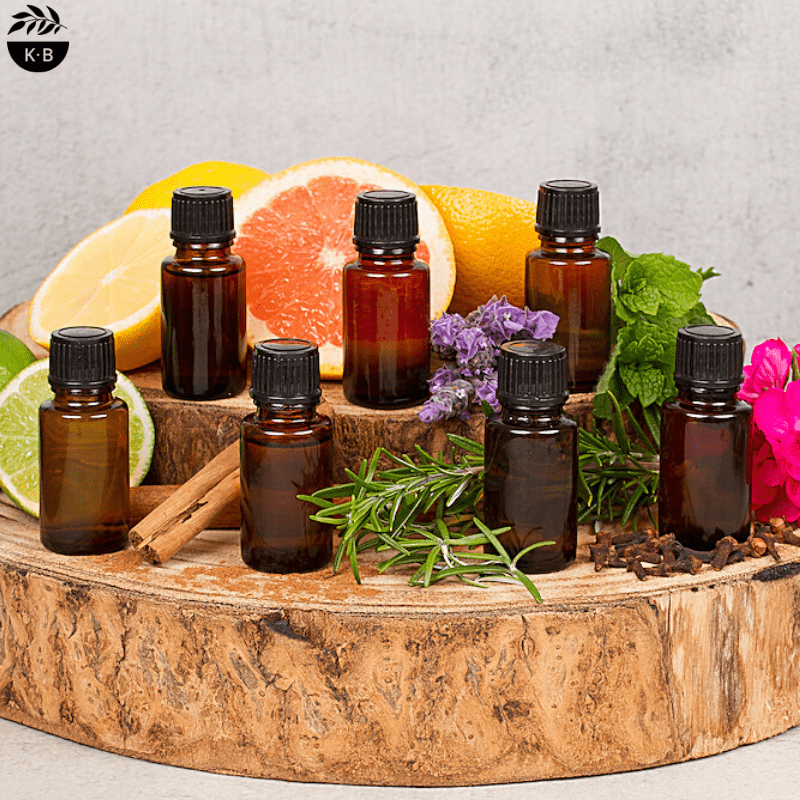 To put it simply, essential oils are concentrated natural oils from plants.
To put it simply, essential oils are concentrated natural oils from plants.
They are extracted using various methods including distillation and cold pressing. They can be applied topically, diffused, inhaled and even taken internally (although I recommend you do the latter only under strict guidance from a qualified practitioner).
Used correctly, essential oils are a brilliant and natural tool for cleaning, body care and wellbeing.
Essential oils are generally regarded as safe, and typically don’t have many side effects, as long as they are used correctly. Improper use can cause serious harm including skin irritation, allergic reactions and even burns. Keep them out of reach of children at all times.
These precious oils are my perfume now. I love knowing that the fragrance I am applying to my skin is safe and beneficial to my body, serving more than just an aromatic purpose.
Tips When Choosing and Using Essential Oils
〉Source top quality, 100% pure essential oils
This is so important. Choose a brand whose oils are either certified organic, or from a company that is transparent in their processes, from seed to seal
Over the years, I have researched, tested and grown to respect a number of brands of essential oils. So, I am reluctant to promote only one specific brand of oils as I believe there are a number of reputable companies out there.
The following is a list of brands (that at the time of writing this blog) I am comfortable recommending:
– AWO
– doTERRA
– Ellorah
– Honest To Goodness
– Tinderbox
– Twenty8
– Young Living
If you know of any other brands you believe should be on this list, reach out and let me know.
〉 Avoid fragrance oils at all costs
If leading a less toxic lifestyle is your end-aim, this is a must. Fragrance oils are basically perfume and, unless naturally derived, full of nasties.
〉 Research dilution rates
The dilution rates I suggest in my recipes feel right to me, however I encourage you to do your own research and testing, and remain aware that some essential oils are best avoided by infants, children, pregnant and breastfeeding mothers, the elderly, some animals and those with compromised immunity or medical conditions. There is some good info here from Plant Therapy.
〉 Be extra cautious with children and essential oils
If you want to use any of my recipes on children and you’re not confident in your knowledge on appropriate essential oil dilution rates, play it safe and leave them out. Some should never be used on or near children.
〉 Never apply undiluted essential oils to your skin
They can irritate and even burn
〉 Patch test
It is a good idea to patch test products containing essential oils before using them, particularly if you have sensitive skin.
〉 Essential oils don’t mix with water
Be careful adding them directly to the bath as they will sit on top of the water and may cause some discomfort when you hop in! Even mixing essential oils with salts requires caution. I don’t advocate for extra ingredients to be added to mix oil and water, so if this concerns you, best you leave the essential oils out of any of the bath salts recipes.
〉 Shake well
When using essential oils in predominately water-based recipes, you will need to shake well before each use to temporarily distribute the oils (unless your recipe contains castile soap, like my foaming washes, as this ingredient does the job well). Remember, we’re stripping it back and avoiding extra additives, and I’m yet to find an effective, truly natural and easily accessible solubiliser. While very high-percentage (90+) alcohol is effective, it’s not easy to source and I personally don’t like using alcohol in body care applications.
〉 Some oils are phototoxic
Certain chemical constituents in some essential oils can cause skin damage if applied prior to sun exposure. Be aware of this. There is some good info here.
〉 Permission to experiment is granted!
When it comes to essential oils, I’m giving you my favourites in each recipe. But you may have other ideas (or a completely different collection), and that’s okay. You have permission to experiment, substitute or leave them out. Just make sure you make a note, so you remember how to recreate the combo if you love it. You might like to use a particular recipe as a base (this super salve for example), and change up the essential oils to give the same base multiple purposes.
〉 Be cautious around pets
Be especially careful when using and diffusing essential oils around pets. Speak to your vet and do your research.
〉 Test flavour combos
Pop a teaspoon of coconut oil (the type that solidifies) into a dish and add a smaller ratio of oils. Apply it to your arms and legs and see if you like the smell. Tweak it until you have reached your version of perfect and go ahead with your larger batch. REMEMBER to make notes or you’ll kick yourself when you’ve forgotten what you added to your little dish and can’t replicate it (or avoid it)!
Essential Oil Inspiration and Combinations
I often get asked which oils are suitable for eczema, dry skin, wrinkles, pimples; what blends make for a kid-friendly lip balm scent; what oils could be swapped out of various recipes due to dislikes etc. (and the list goes on, and on, and ON!).
I put this list together and hope you find it to be a great reference tool for all of your DIY-ing sessions!
Remember that not all oils/blends will be suitable for everyone. Many suggestions are simply ideas and recommendations from my gorgeous community, based on what they love and what works for them; some come from my experience and research, and others have been sourced (see reference links).
My Absolute Favourites
〉My absolute favourites
Ylang ylang, patchouli and orange
Orange, ylang ylang and ginger
Bergamot, lavender and geranium
〉Deep, spicy and woody
Ylang ylang, patchouli and vetiver
Rosemary, cinnamon and orange
Clary sage, lime and cedarwood
〉 Popular staples
Lavender, orange and frankincense Peppermint, orange, lemon and lime
〉Fruity
Lemon, lime and grapefruit
Lemongrass and ginger
〉Energising, refreshing, wake-me-up
Orange, lemongrass and wintergreen
Peppermint and orange
Lemon, lime and spearmint
Peppermint, orange, lemon and lime
〉Clean and fresh
Cinnamon, peppermint and grapefruit Lemon, lime, eucalyptus
Lavender, lemon and rosemary
Lime, grapefruit
Orange, ylang ylang and ginger
Lemongrass, orange and wintergreen
〉Relaxing, sleepy, mental tension, unwind
Lavender, cedarwood, ylang ylang and vetiver
Lavender, orange and frankincense
Ylang ylang, cedarwood and marjoram Lavender and geranium
〉Festive
Orange, cinnamon and ginger
Clove, cinnamon and lemongrass
〉Children
The following oils are typically regarded as safe, when diluted properly (note that this is not a complete list of ‘kid-safe’ oils):
– Bergamot
– Geranium
– Grapefruit
– Lavender
– Lemon
– Lime
– Mandarin
– Orange
– Rose
– Spearmint
– Tangerine
– Tea tree
If you’re in doubt, have a look around Plant Therapy’s website. I believe their information to be accurate and reliable.
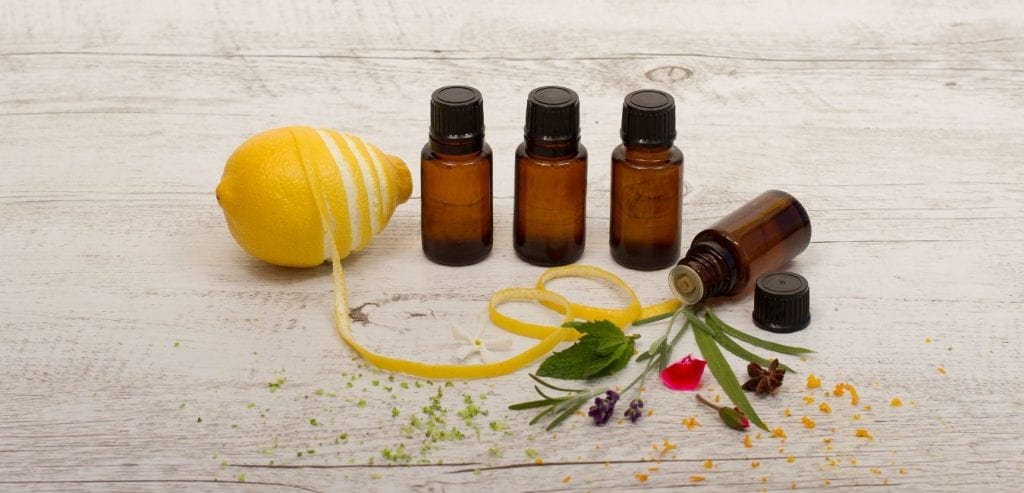
Community Suggestions
I asked the beautiful crew in my Facebook chat group what blends they are in love with, and this is some of what I got. Love them!
– Orange, cinnamon and cedarwood (as a nice cosy homely vibe)
– Ylang ylang and bergamot (as a perfume)
– Ginger and lime (in the kitchen diffuser)
– Vetiver, roman chamomile and cedarwood (to wind the kids down)
– Peppermint and lemongrass (in the office)
– Lemongrass and grapefruit (great for the dishwashing liquid)
– Lavender, patchouli and ylang ylang (in body wash)
– Lemongrass and cedarwood (relaxing and cleansing)
– Vetiver and lime (loving it in the diffuser at the moment)
– Spearmint, ylang ylang and black pepper (smells like frangipanis)
– Ylang ylang, bergamot, lavender (swear by it for anxiety and stress)
– Clary sage, ylang ylang, lavender and cedarwood (a fresh start)
When Diffusing
The size of your diffuser and the size of your room will determine how many drops you require. For a small room (bedroom or office), 4-6 drops total is plenty. For a large living area, 8-10 drops is acceptable. But have a play around and add/subtract depending on the strength of aroma you’re after. Also, it is best to diffuse for short periods of time, rather than non-stop. When diffusing in my children’s rooms, I run the diffuser before they go to bed, and then switch it off.
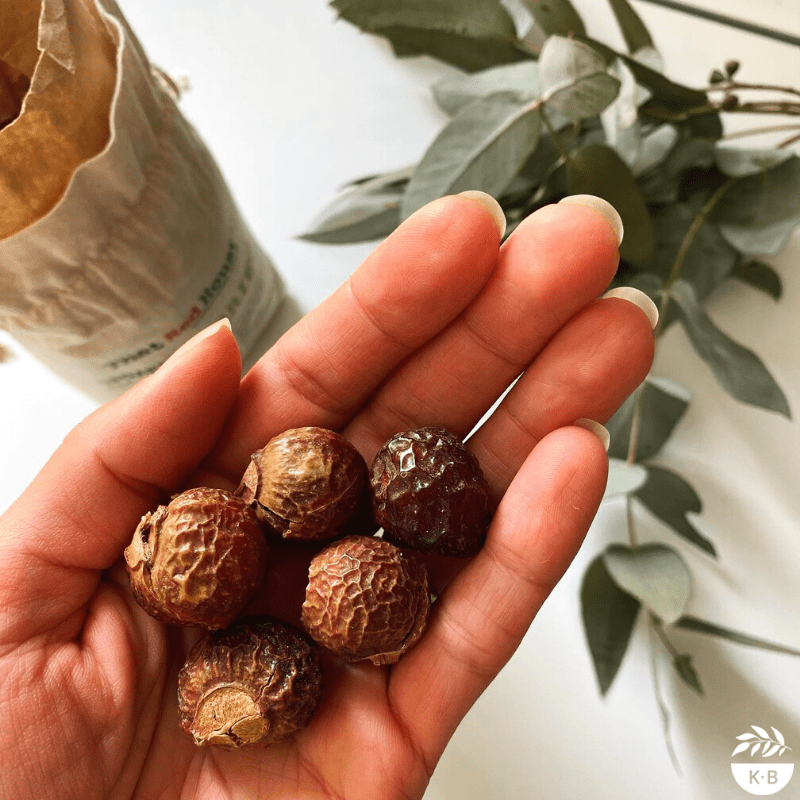

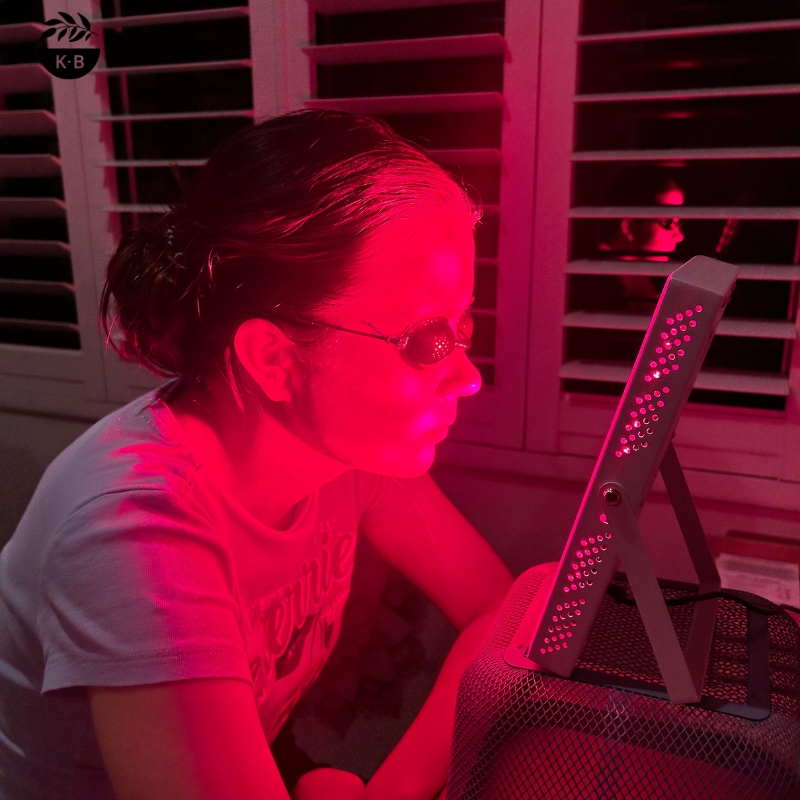

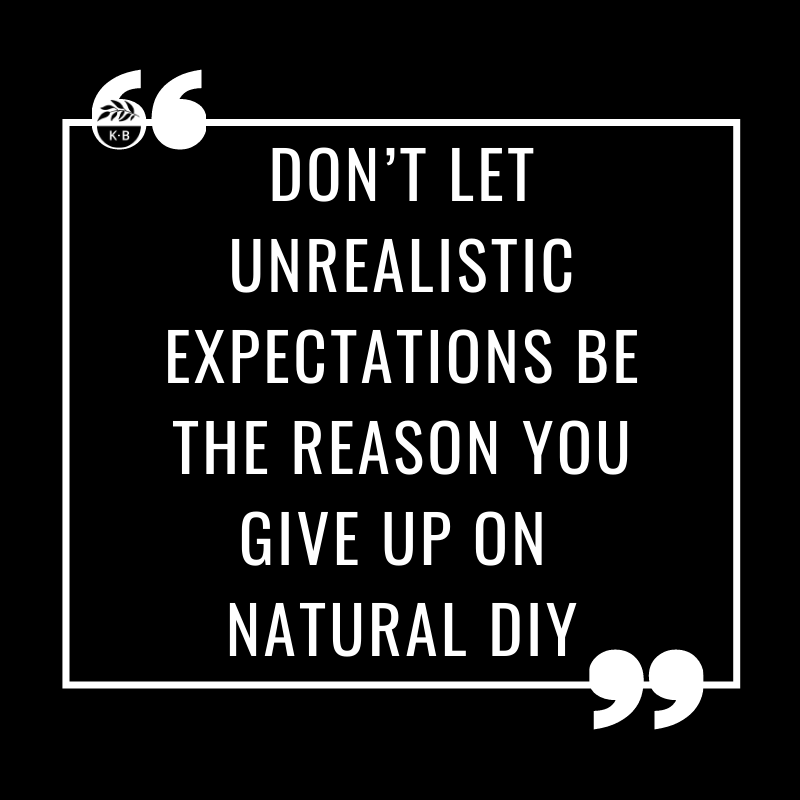

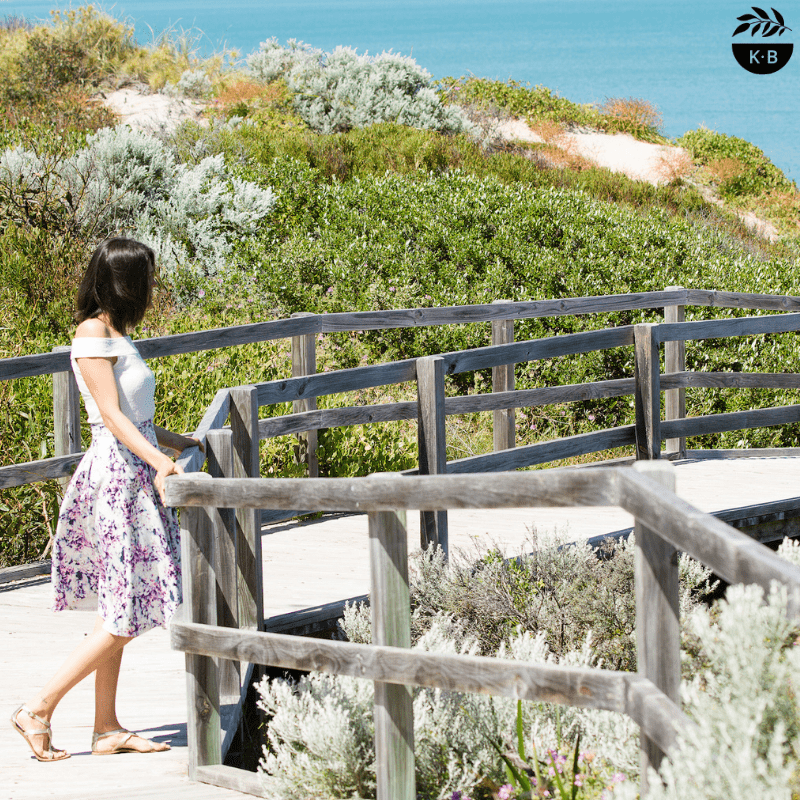
8 Comments
I am looking for recipe to make a salve for my wife. She has lichen sclerosis which translates to an overactive autoimmune problem. The slave I make is 1/8 borax per 1 tsp of Organic virgin coconut oil. It has worked now for 8 years. The problem is to try and properly disolve the borax and also now try and find a way to fight the scent we both have to deal with on her and her cloths. Will adding castor oil help or where can I find help? Thanks
Hi John, have you tried using borax independently of the salve? Perhaps in a bath or foot spa? That would be my recommendation, rather than incorporate it into a balm.
Foot spa is not relevant and for bath she uses Epsom salt and Baking soda which gives her temorary relief. The castor oil 3 Tbsp did work yesterday and I cut down on the borax because it isn’t mixing well with the coconut oil. Emu oil products work but not as well as the baths. She has to use the oinment to help with pain and to keep her private parts normal ( they will fuse if they are not keep moist and keep the LS from breaking out in the middle of the day at work.
We also have a problem getting her clothes not to have that horrible odor. I have not been able find a website that addresses the odor on her or especially her clothes and how to do her laundry. I found a recipe for a balm that includes lavender essential oil and get rid of the gritty feel of the balm. I will try that tomorrow. I am continuing to attempt to find a laundry solution. Any suggestions?
Hi John, you might like to check out this blog for some useful tips on laundry: https://krissyballinger.com.au/blog/your-essential-guide-to-doing-the-laundry-the-natural-way/ Borax is actually very good at stain treatment and odour removal. You might like to add some lavender to a small spray bottle with water and spritz the clothing when they come out of the machine? Sunlight to dry is also helpful. Good luck.
I love your book and am always checking on your website.
I would love it if you were able to recommend portions/number of drops for each combination/blend to be used as a guide. Thank you.
Hi Megan, noted 🙂 Often, however, it comes down to personal preference. You can start with even amounts (but less of) and then increase the drops of those you like most. Hope that makes sense.
I just love all your tips and ideas. Thank you for sharing.